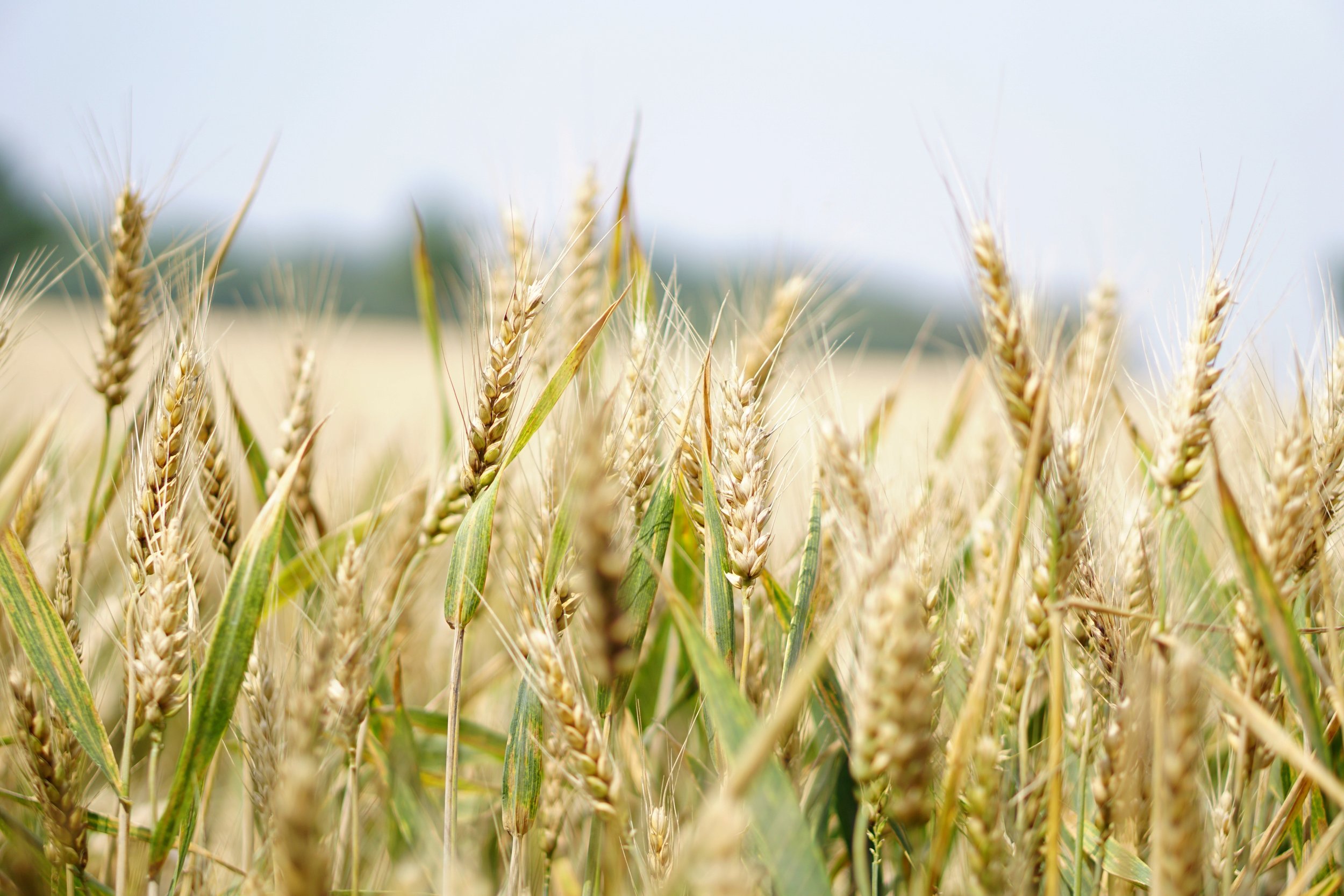Russia puts Nord Stream gas pipeline back in action, feeding Europe natural gas
🇷🇺 The Nord Stream pipeline system is back in operation after a brief respite, delivering Russian gas flow into Europe, which is under the massive strain of reduced supplies.
Much of Europe worried that Russian President Vladimir Putin would keep the pipeline turned off, so the move gives the continent much relief. However, the control of the pipeline still leaves many unsure of the future. The European Union is stockpiling natural gas in preparation for the winter months while they are currently experiencing its worst energy crisis in many decades. Gas shipments from Russia to Europe have been stifled for months, and industry experts are worried that without Russian natural gas, Europe would suffer massive power outages over the wolf winter months.
In a bid to further pressure Russia over its war in Ukraine, the U.S. Senate has unanimously passed a bill to prohibit Russian uranium imports.
China and Russia recently committed to maintaining stability in their industrial supply chains.
Deforestation is a major global problem, with agriculture responsible for a whopping 90% of it.
European Union countries hit a roadblock on Wednesday as they halted the progress of new regulations aimed at making large companies accountable for potential forced labor and environmental harm in their supply chains.
Investor groups are urging EU countries to support a proposed law, the Corporate Sustainability Due Diligence Directive, which would hold large companies accountable for environmental and human rights violations in their supply chains.
Russia is aiming to increase its share of the liquefied natural gas (LNG) market to 20% by 2030, but its plans face challenges due to sanctions and a shortage of ice-class LNG tankers.
Estonia's foreign minister, Margus Tsahkna, has accused Moscow of orchestrating a "blatant hybrid attack" by facilitating a surge in migrants from Africa and the Middle East arriving at the EU's eastern frontier.
Finnish President Sauli Niinisto has stated that it has become "impossible" to deport asylum seekers who do not meet the criteria for protection.
France, Germany, and Italy have opposed the EU's draft AI legislation, particularly regulations concerning "foundation models" that underpin large AI language models.
A United Nations-backed report reveals that major fossil fuel-producing countries, including the United States, Russia, and Saudi Arabia, are on course to produce twice the amount of fossil fuels that exceed critical global warming thresholds by the end of this decade.
The United States and China, along with 27 other countries and the EU, have signed the Bletchley Park Declaration on AI during a two-day AI Safety Summit held in the UK.
After months of secrecy surrounding President Biden's decision to provide ATACMS missiles to Ukraine, it has been revealed that the missiles are now in Ukrainian possession and have been used in attacks on Russian military facilities.
Germany has allowed France to use state subsidies for its nuclear power plants, breaking a deadlock in EU electricity market reform discussions.
Belgium is investigating potential security risks related to China's Alibaba Group's presence at Liège Airport, where its main European logistics center is located.
Russia has accused Ukraine's Western allies of planning and conducting a missile strike on the Black Sea Fleet's headquarters in Crimea, alleging that the attack was coordinated with the assistance of American and British security agencies, NATO satellites, and reconnaissance planes.
New Brexit trade rules related to electric vehicles could impose a significant financial burden on European auto manufacturers, potentially costing them £3.75 billion ($4.58 billion) over the next three years, as reported by BBC News.
Russia continues to depend on European shipping to transport its oil, even as its supplies exceed the price caps set by the Group of Seven (G-7) and its allies, according to the Centre for Research on Energy and Clean Air (CREA) based in Helsinki.
A growing number of ships are manipulating their reported locations for illicit activities, potentially involving goods worth billions of dollars.
Rising oil prices are impacting consumers, complicating the global fight against inflation, and contributing to Russia's war chest.
Facing an aluminum oxide shortage exacerbated by geopolitical tensions, Russia has been diversifying its supply chain for this critical raw material.
Europe is grappling with a severe public health crisis as nearly everyone on the continent resides in areas plagued by dangerous air pollution levels, according to an investigation by The Guardian.
Ships transporting goods in and out of the European Union will soon face significant emissions-related costs as they join the bloc's Emissions Trading System (ETS) starting in January 2024.
The Brookings Institute recently released a report titled "America can't afford to ignore the logistics triad," which highlights the critical role of logistics in military operations, particularly against formidable adversaries like China and Russia.
A drone attack conducted by Russia targeted more than 700 grain warehouses on the Danube River in Ukraine, damaging crucial infrastructure for Kyiv's grain export route.
Russia's decision to withdraw from a grain export deal with Ukraine has escalated concerns about global food supplies and prices.
Wheat prices experienced a significant increase following Russia's actions targeting Ukraine's grain export infrastructure.
The U.S. and EU are taking steps to lessen Asia's stronghold on the global semiconductor market. With the shift of semiconductor manufacturing operations to major Asian countries, the U.S. and Europe have faced challenges in maintaining competitiveness.
The expiration of the Black Sea grain deal, which allowed Ukraine to export grain via the Black Sea, is a significant development with implications for global food prices and the World Food Programme (WFP).
Moody's has highlighted that the new Deforestation Regulation introduced by the European Union poses a significant risk to European supply chains.































A top cybersecurity firm, ESET, has uncovered Chinese hacking attempts in the European cargo shipping industry, marking the latest instance of China-aligned groups infiltrating Western economic infrastructure.